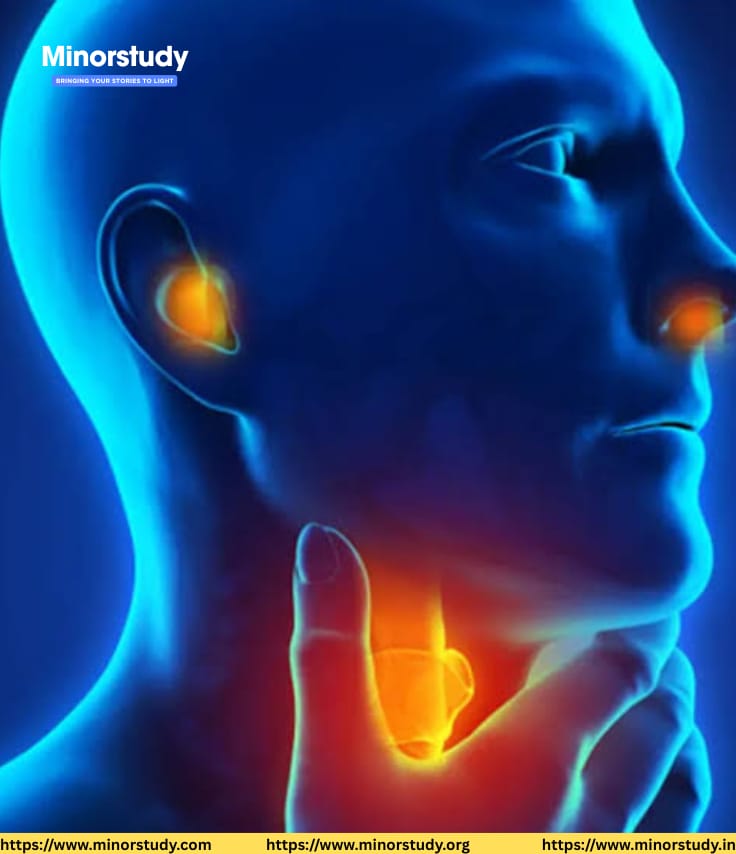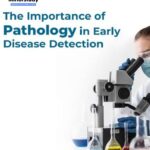🩺 Introduction
Endocrinologists: In the intricate universe of healthcare, one specialty quietly transforms millions of lives—Endocrinology. Often overshadowed by other fields, endocrinologists are medical heroes who diagnose, treat, and manage hormonal imbalances that affect almost every function of the human body.
- 📖 History of Endocrinology and Endocrinologists
- 📌 Fascinating Facts About Endocrinologists
- ❓ Frequently Asked Questions (FAQs)
- Q1: What does an endocrinologist do?
- Q2: When should I see an endocrinologist?
- Q3: Is a referral required to visit an endocrinologist?
- Q4: Do endocrinologists perform surgery?
- Q5: Are endocrinologists different from gynecologists or general physicians?
- 📅 Timeline of Endocrinology’s Growth
- 🔍 Significance of Endocrinologists in Healthcare
- 🙏 Wishing Note for Endocrinologists
- 🎯 Observance: Celebrating Endocrinology in Practice
- 🔑 Key Points Recap
- 🧠 Why Endocrinologists Matter in Our Daily Life
- 🔚 Conclusion: A Hormonal Balance for a Balanced Life
From diabetes and thyroid issues to hormonal disorders like PCOS or adrenal dysfunction, endocrinologists are often the unseen architects behind better health outcomes. This article dives into the history, timeline, importance, facts, FAQs, and daily life impact of endocrinologists, making it clear why their role is life-changing—and often, life-saving.
📖 History of Endocrinology and Endocrinologists
The word “endocrinology” is derived from the Greek words “endon” (within), “krinein” (to separate), and “logia” (study of). It is the branch of medicine dealing with the endocrine system, its diseases, and its specific secretions called hormones.
🕰️ Key Historical Highlights
| Year/Period | Milestone |
|---|---|
| 1849 | Arnold Berthold conducted the first hormonal experiment on roosters—marking the birth of endocrinology. |
| 1902 | Bayliss and Starling discovered secretin, a hormone, leading to the first formal definition of “hormones.” |
| 1921 | Insulin was discovered by Frederick Banting and Charles Best, revolutionizing diabetes treatment. |
| 1940s–1950s | Discovery of other major hormones (e.g., cortisol, growth hormone) and the development of synthetic hormone therapy. |
| Modern Day | Endocrinologists now treat complex disorders like metabolic syndrome, infertility, pituitary tumors, and more. |
📌 Fascinating Facts About Endocrinologists
👨⚕️ Endocrinologists are internal medicine specialists with 2–3 years of extra training in hormonal disorders.
🌍 They treat over 100 conditions, including diabetes, thyroid issues, obesity, PCOS, infertility, adrenal disorders, osteoporosis, and more.
📉 Hormonal imbalance affects 1 in 3 women and many men silently—endocrinologists help uncover hidden causes.
🧠 They work with neurologists and psychiatrists for hormone-related mental health issues like anxiety, depression, and fatigue.
🧬 With the rise of genetics, endocrinologists are also involved in genetic and epigenetic disorders like Turner or Klinefelter syndrome.
🧪 They are leaders in research on metabolism, aging, and precision medicine.
🕒 Endocrine diseases are often slow and silent, making early detection by endocrinologists critical.
❓ Frequently Asked Questions (FAQs)
Q1: What does an endocrinologist do?
An endocrinologist diagnoses and treats disorders related to hormonal glands—like diabetes, thyroid diseases, growth issues, and reproductive problems.
Q2: When should I see an endocrinologist?
You should consult one if you have unexplained weight changes, chronic fatigue, irregular periods, infertility, diabetes, or thyroid issues.
Q3: Is a referral required to visit an endocrinologist?
Often yes, especially in healthcare systems like the US or India. However, some private hospitals allow direct appointments.
Q4: Do endocrinologists perform surgery?
No. They focus on diagnosis, medical treatment, and hormone therapy, not surgical procedures.
Q5: Are endocrinologists different from gynecologists or general physicians?
Yes. While GPs or gynecologists handle general or reproductive health, endocrinologists focus on the underlying hormone imbalances affecting those systems.
📅 Timeline of Endocrinology’s Growth
| Era | Notable Developments |
|---|---|
| 19th Century | Experiments with glands and castration hint at hormonal function. |
| Early 1900s | Discovery of hormones like secretin, insulin, and thyroxine. |
| Mid 20th Century | Synthetic hormone therapies, including birth control and growth hormones. |
| 21st Century | Precision endocrinology using AI, genetics, and metabolic profiling. |
🔍 Significance of Endocrinologists in Healthcare
🔬 Disease Prevention: They help prevent complications of untreated hormonal disorders such as blindness, kidney failure, and heart disease.
🧘 Quality of Life: Hormonal balance improves mental clarity, mood, energy, and sleep—core parts of daily living.
🧠 Neuroendocrine Harmony: They study and manage conditions where brain and hormones interact (like pituitary tumors or adrenal crises).
👶 Fertility and Reproductive Health: Endocrinologists work with couples to address hormonal causes of infertility and PCOS.
🧓 Aging and Longevity: Hormone balance is a critical part of healthy aging, managed expertly by endocrinologists.
🙏 Wishing Note for Endocrinologists
💐 Heartfelt gratitude to all endocrinologists across the globe.
Your silent yet powerful work saves lives every day—whether it’s helping a child grow properly, managing diabetes in the elderly, or enabling a woman to conceive after years of struggle.
May you continue to inspire, heal, and lead the future of medicine. Your contribution to science and humanity is invaluable.
🎯 Observance: Celebrating Endocrinology in Practice
There’s no official global “Endocrinologist Day,” but many observances highlight their importance:
World Diabetes Day (Nov 14) – honors endocrinology’s pivotal role in diabetes care.
Thyroid Awareness Month (January) – increases public awareness about thyroid health.
PCOS Awareness Month (September) – brings focus to women’s hormonal health.
Creating awareness about endocrinologists can also be a community-led initiative, especially in schools, hospitals, and public health forums.
🔑 Key Points Recap
Endocrinology is the science of hormones, influencing nearly every bodily system.
Endocrinologists are experts in hormonal diseases—from common (diabetes) to rare (Addison’s).
They are vital to mental health, fertility, metabolism, and quality of life.
The field is expanding with personalized medicine, AI, and genetic profiling.
Their work often goes unrecognized but is foundational to long-term well-being.
🧠 Why Endocrinologists Matter in Our Daily Life
👨👩👧 For Families:
Children with growth delays or early puberty often rely on endocrinologists for safe treatments.
🧓 For Elderly:
They monitor thyroid function, osteoporosis, and diabetes—improving lifespan and independence.
👩 For Women:
From PCOS to menopause, hormonal changes can be devastating—endocrinologists offer relief.
🧔 For Men:
Low testosterone, obesity, infertility, and adrenal issues—often overlooked—are managed by them.
🏃 For Everyone:
Hormones impact mood, sleep, metabolism, and energy—a good endocrinologist makes life smoother and healthier.
🔚 Conclusion: A Hormonal Balance for a Balanced Life
Endocrinologists are life changers. Their ability to diagnose silent, slow-developing diseases and provide targeted, safe treatments helps millions of people regain control of their lives. They don’t just manage conditions—they optimize human potential.
In a world struggling with stress, obesity, infertility, and metabolic disease, the role of the endocrinologist is more important than ever. They are the behind-the-scenes heroes of modern healthcare, giving balance to the very hormones that define our existence.








